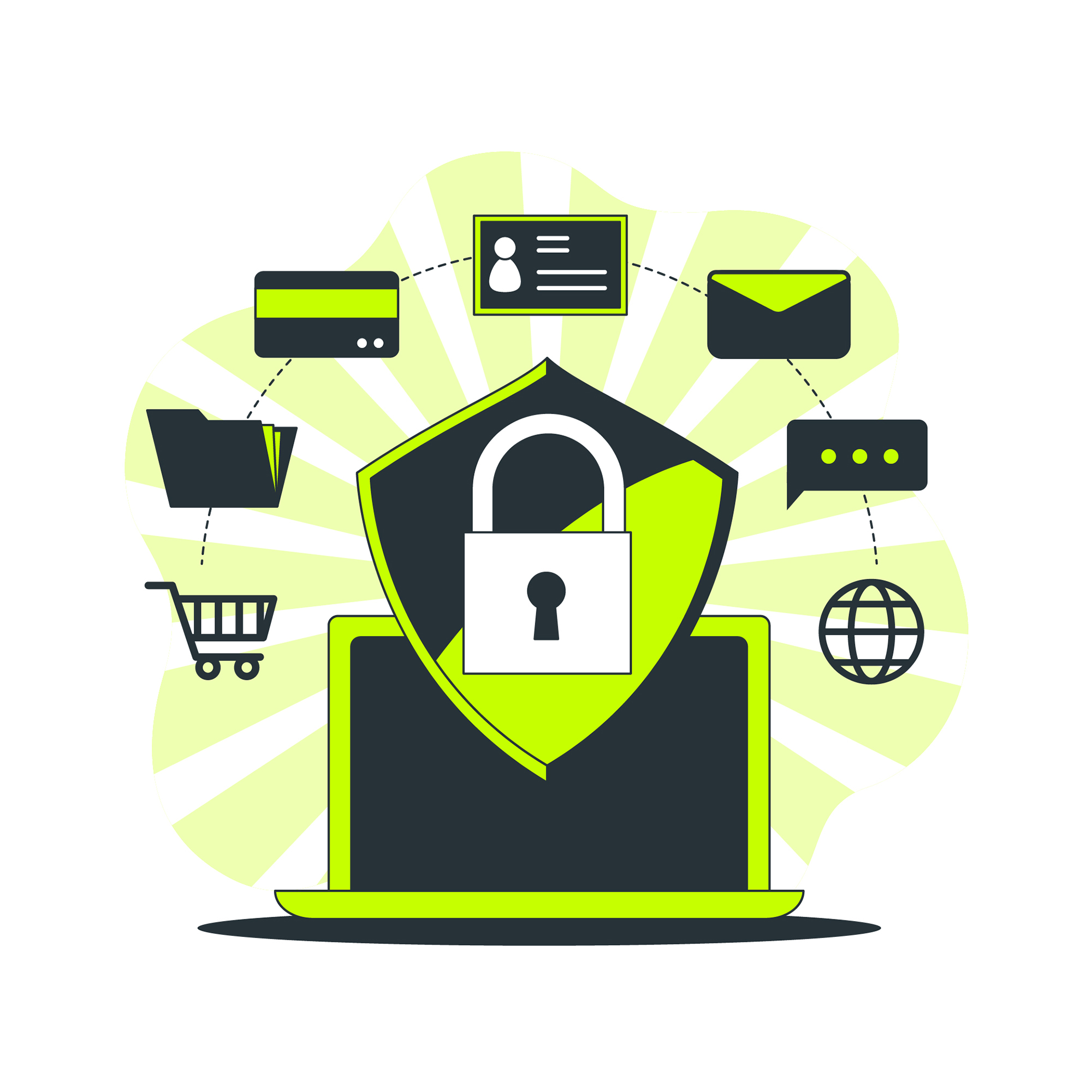In this age of digital age of global connectivity, nearly all businesses are connected to the internet for one or more services – for instance, business email, team collaboration, instant messaging, website, browsing for information, social media advertising, server hosting and cloud storage.
Once we are connected to the internet, our systems and data are not safe unless we keep them safe. Forward-thinking companies focus on securing their systems from external threats.
With increasing company resources online, there has never been a more important time to implement a strong firewall to safeguard your organization’s assets and data.
What is a Firewall?
A firewall is a network security system (hardware device or software) that protects your company’s trusted network from unauthorized access and external network threats.
Whereas antivirus protects the file system against malicious programs, a firewall helps to keep attackers or external threats from accessing our system in the first place.
No single product or service will provide you with complete security, however, a firewall is a crucial element of any good cybersecurity strategy today. Today, next-generation firewalls (NGFWs) are the latest technology to deliver optimal protection.
6 Reasons Why Your Business Needs a Firewall
So you have survived this long without a perimeter firewall in your organization. And you’re wondering, “Do I really need one?” Well, the short answer is yes. We’ll explain why in this section.
Understanding and appreciating the benefits of a firewall is the first step in helping your business grow safely in the ever-changing digital age. Even if only a small part of your operations relies on technology and networks, remember that your security is only as strong as your weakest link. You may have the best endpoint antivirus, the best email antispam solution, but if your perimeter is not secured, your data and systems are exposed.
Get in touch with us for a best-in-class next-generation firewall for your organization.

Now, let’s take a closer look at the advantages of having a next-generation firewall as part of your company’s network security strategy:
1. A firewall is your first line of defense against cyberattackers and other unauthorized external parties
First, a firewall provides perimeter security. It acts as a barrier or shield between your internal organization’s network and the rest of the internet.
A firewall helps you ensure that only authorized persons have access to your company’s network resources, while hackers and cybercriminals are kept out. In this way, attackers will not have access to your sensitive corporate and client data, files, or documents.
2. A firewall can protect your business from malicious code
- Secondly, one of the most visible benefits of firewalls is the ability to control your system’s entry points and block malicious code from entering your network. There are hundreds of thousands of new malicious code (viruses, malware, ransomware) developed every day. The cost of damage from a virus, malware or ransomware attack on your systems can be immeasurably high. A strong firewall will inspect the traffic going into and out of your corporate network. It will look for and block viruses, worms, spam and other unwanted internet traffic.
- Firewalls can help you control the traffic traversing your network. This feature is useful as it can aid in blocking malicious applications, preventing malicious advertisements, spam messages and unsafe websites.
3. Firewalls can ease the management of your network resources
- Thirdly, a firewall can help you to create different policies for different user groups for access to corporate resources
- You can use a firewall to prioritize use of bandwidth, say, for your SAP server, Email & Collaboration, video conferencing apps (e.g., MailSafi Talk, Google Meets, Microsoft Teams) and restrict bandwidth to non-business applications such as streaming music, Facebook, YouTube.
- A firewall lets you block access to specific websites that you do not want your internal users to access. This can be effected 24/7 or only during particular timeframes (such as working hours). For example, you can configure policies to block access to social media sites such as Instagram, Facebook, Twitter, YouTube, and so on.
4. You can use a firewall to provide VPN services
Another benefit is that a firewall can provide site-to-site connectivity through Virtual Private Network (VPN) services. VPN functionality allows remote workers to securely access your corporate network resources. VPNs enhance productivity, collaboration, and data sharing for remote workers without compromising your security.
5. Firewalls can monitor your network traffic
As we have already seen, the majority of benefits of a firewall come from the ability to monitor your network traffic – inbound and outbound. By monitoring and analyzing network traffic, firewalls reference pre-configured rules and filters to keep your network protected. Also, some can log intrusion attempts and/or other violations. Logs give you a basis for setting policies that will aid in monitoring your corporate network.
6. Promotes Data Privacy
And finally, firewalls promote data privacy. We all agree. Nobody likes their data stolen, especially when it is clear that you did not do enough to protect it. Having a firewall is a proactive way of preventing data breaches, your clients build trust in your company.
Are you now convinced that you need a firewall for your business? We hope so! Get in touch with us for a next-generation firewall (NGF) solution to protect your business today. We will guide you to select the right solution for your organization and also support you with the implementation.




